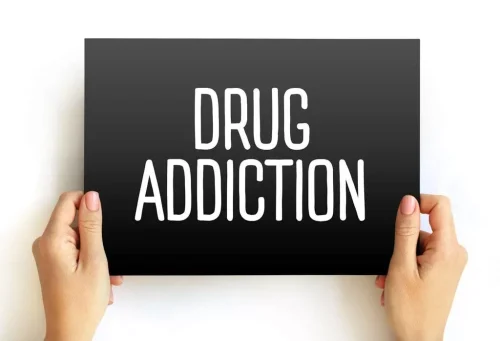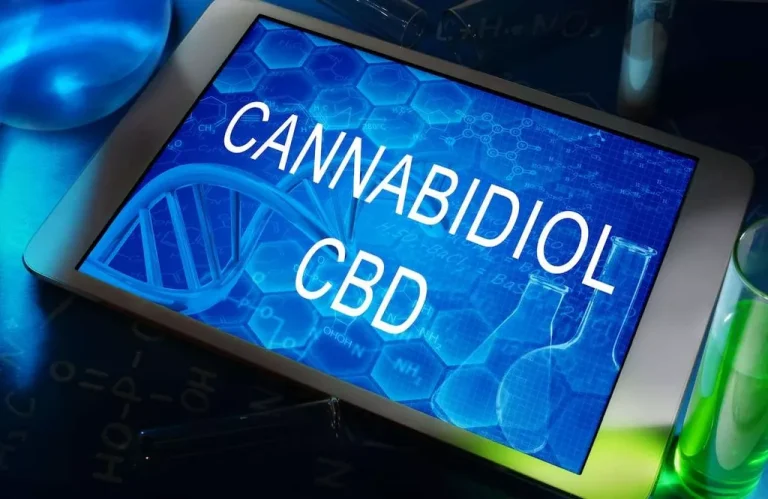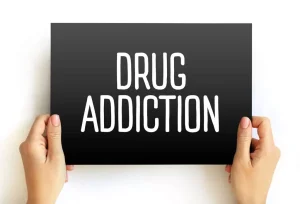
It’s available in preloaded syringes, known as epinephrine auto-injectors (e.g., EpiPen). If your doctor prescribes an epinephrine auto-injector, you should carry it with you at all times. The symptoms of histamine intolerance are similar to an allergic reaction. For example, potential symptoms include red and itchy skin, nasal congestion, shortness of breath, abdominal pain, and diarrhea.
Difference between alcohol intolerance and alcohol allergies
Variants in the alcohol dehydrogenase (ADH) gene, crucial in alcohol metabolism, influence how individuals react to alcohol consumption. Certain alleles in the ADH1B gene can lead to the accumulation of acetaldehyde, a toxic byproduct causing symptoms of alcohol intolerance. It is important to distinguish between alcohol allergy and alcohol intolerance, as the two terms are often mistakenly used interchangeably. Alcohol allergy is an immune system response to certain ingredients in alcoholic beverages, not to the alcohol itself.

Alcohol Allergy vs. Intolerance
Genetic alcohol intolerance will not begin suddenly and will always be present from birth. There are some anecdotal cases of people experiencing alcohol intolerance after having COVID-19. However, there is no evidence showing that COVID-19 actually causes alcohol intolerance. Even in most anecdotal cases, the inability to drink as much often seemed to be related to fatigue or other long-COVID symptoms. The most common cause of alcohol intolerance is inheriting a gene that affects how alcohol is broken down. This is most common in people of Asian descent but can be present in anyone.
Sulfite Allergies
- Alcohol intolerance is a condition that can cause immediate, uncomfortable reactions after consuming alcohol.
- Alcohol flushing syndrome is a major sign of alcohol intolerance.
- If you have a pattern of suddenly feeling very sick after consuming alcohol, you may have developed sudden onset alcohol intolerance.
More commonly, however, it is diagnosed solely based on the occurring symptoms and their connections to alcohol. Your doctor may also order an alcohol allergy test to rule out that an allergy is causing the symptoms. If alcohol allergy has been ruled out and the symptoms are connected to alcohol use, alcohol intolerance is often diagnosed without further testing.

Histamine intolerance
Dr Fox explains that the science behind this is that dangerous levels of enzymes are accumulating in the cells of your body when you drink alcohol, and they cannot be broken down. As a result, liver tissue can become inflamed, leading to fibrosis, and ultimately cirrhosis and liver failure. There is also an increased risk of liver cancer if you continue to drink while intolerant.

Several online-based companies and labs offer testing that you can do from the comfort of your own home. Companies that offer at-home testing options, such as Everlywell, also offer consultations with a healthcare provider to help you choose the best test for your symptoms. Some people take medicines like the antihistamines diphenhydramine (Benadryl) or famotidine (Pepcid) about 30 minutes before drinking alcohol. This may be harmful because it can mask severe symptoms that could be brewing like shortness of breath. If you have alcohol intolerance, drinking even tiny amounts of alcohol can cause you to flush, usually within 20 to 30 minutes of drinking.
- However, understanding and adjusting lifestyle factors can also play a significant role in managing the condition.
- As a result, acetaldehyde builds up in their body, leading to uncomfortable symptoms.
- Even if you only have mild symptoms of alcohol intolerance, you should avoid alcohol.
- Allergy symptoms that affect breathing or have the potential to block your airway, such as swelling in the mouth or of the tongue, can be life-threatening.
- The only way to prevent alcohol intolerance reactions is to avoid alcohol.
Causes & Risk Factors
Drinking when you have alcohol intolerance does increase your risk of cancer, and you should consider trying to completely stop drinking alcohol instead of just moderating it. Avoiding alcohol is always the best option for those with alcohol intolerance, as the increased acetaldehyde levels increase your cancer risk. Avoiding alcohol also helps you to avoid the unpleasant symptoms that alcohol intolerance can create. Alcohol allergy, on the other hand, is caused because your body’s immune system attacks a component of an alcoholic beverage. Something in the alcohol, such as hops or grapes, causes most alcohol allergies rather than the alcohol itself. Unlike alcohol intolerance, alcohol allergy varies greatly between people, ranging from irritating to deadly.

How Does Sudden Onset Alcohol Intolerance Occur?

If it is an inherited genetic condition, medical professionals are limited to providing ways to reduce the unpleasant alcohol intolerance symptoms of alcohol intolerance. Those who still want to drink should moderate intake and choose alcoholic beverages with lower congener content (substances produced during fermentation) can help minimize reactions. In some cases, antihistamines or other medications may help alleviate certain symptoms like flushing or nasal congestion.


Trả lời